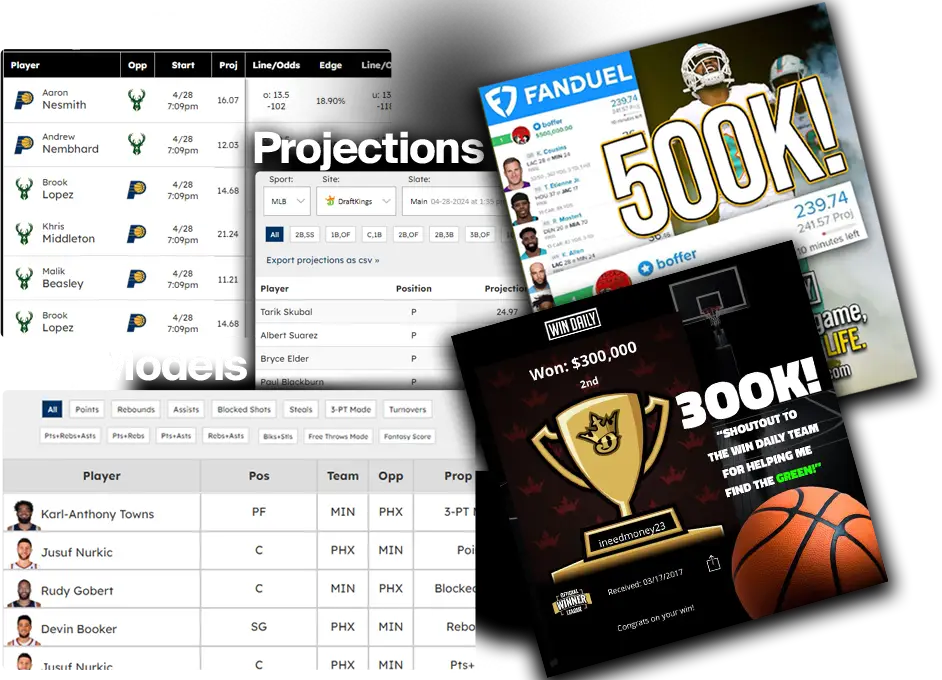Kalshi, an online platform that offers prediction markets for trading event contracts, briefly allowed US election betting last Thursday before the DC Circuit Court of Appeals reinstated an injunction against the company. The decision came just hours after the court initially ruled that Kalshi could offer election betting on its platform.
Kalshi provides markets for a range of events, including jobs numbers, federal rate cuts, Grammy nominations, and US elections. The ruling allows the Commodity Futures Trading Commission (CFTC) and the court to further examine whether election betting on Kalshi’s platform is lawful.
CFTC Pushes for Injunction Continuation
In a motion supporting the injunction, the CFTC emphasized that the court should have the chance to fully review the district court’s decision, which they believe allowed election betting unlawfully. The CFTC stated:
“This Court should have the opportunity to review the district court’s missteps in allowing this election gambling to take place.”
The case will continue on Thursday, where both sides will present their arguments before a panel of three Circuit judges. Each party will have 15 minutes to make their case.
Background of the Election Betting Case
In September 2023, the CFTC informed Kalshi that it could not offer 2024 election betting, arguing that it would be similar to unlawful gaming and go against the public interest. While several market behavior academics supported Kalshi’s offering, there was also substantial public opposition, including complaints from several members of Congress.
Kalshi had previously applied to offer election contracts in August 2022, but withdrew the application just days before a decision was expected.
Legal Arguments: Definitions and Public Interest
At the heart of the case is whether election betting constitutes unlawful gaming. The district court, which initially ruled in favor of Kalshi, determined that the CFTC had not demonstrated a strong likelihood of success because it misconstrued key terms, including “gaming” and “unlawful activity.”
The CFTC contends that the court’s definition of gaming is incorrect, arguing that election betting should fall under the category of unlawful activity because it is restricted by 22 state statutes.
In its argument to maintain the injunction, the CFTC also raised concerns about the integrity of elections. The commission cited previous incidents of market manipulation on other betting platforms, such as PredictIt and Polymarket, where traders tried to influence outcomes and manipulate public perception of elections.
Election Integrity Concerns
The CFTC pointed to instances where market manipulation harmed the integrity of election-related betting. This includes an incident where a fake poll showing Kid Rock ahead of a sitting senator affected the price on PredictIt. Another example involved heavy bets on Vice President Kamala Harris on Polymarket, with traders attempting to sway outcomes. In 2012, a trader reportedly bet millions on Mitt Romney to make the US presidential election seem closer than it actually was.
What’s Next?
As the case proceeds, both sides will have the opportunity to present their arguments and defend their positions. The decision from Thursday’s hearing will likely have significant implications for the future of election betting in the United States.






